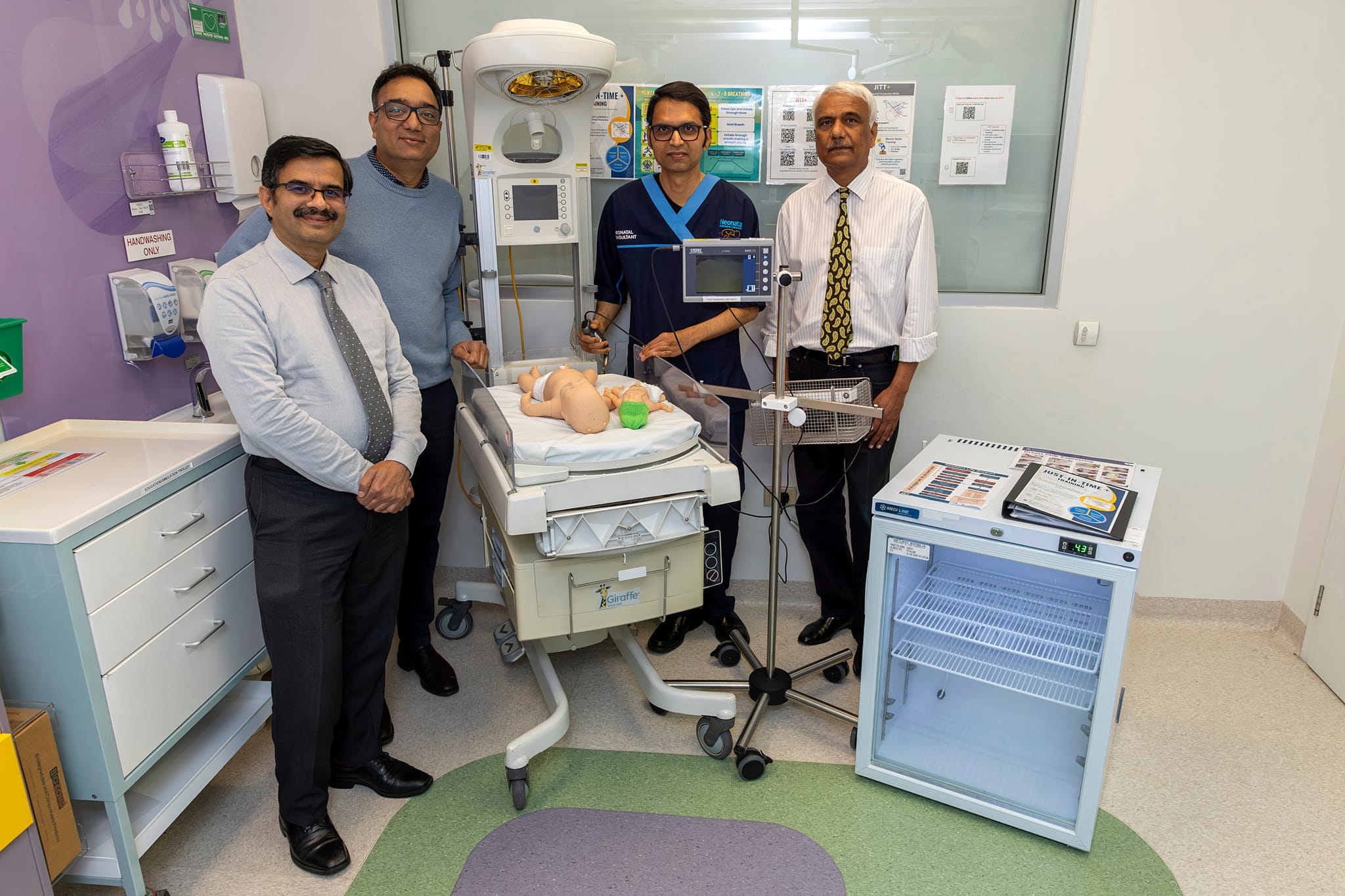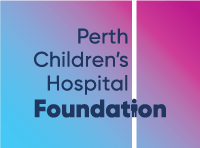
New training program boosts skills and confidence in newborn intubation.
- Perth Children's Hospital Foundation
New training program boosts skills and confidence in newborn intubation.
- Perth Children's Hospital Foundation
PCHF-funded research and equipment is at the core of a new training program transforming competency and confidence for clinicians performing one of the toughest and most stressful procedures in paediatric care – neonatal intubation.
Neonatal intubation is the insertion of a tube into a newborn baby’s windpipe to help them breathe properly. It’s a delicate and highly skilled procedure, particularly in premature babies whose airways are very small and fragile.
Consultant neonatologist Dr Sachin Agrawal, who led the research, says that even experienced clinicians can find it challenging.
“Not only does it involve a tiny individual, with a fragile airway structure and delicate surrounding tissue, but it is often performed in high-stakes situations including medical emergencies,” he said. “Multiple attempts at intubation or failure to intubate can have devastating consequences for the infant.”
“This puts the clinician under enormous pressure to get it right first time, with those who encounter difficult intubations often describing the experience as traumatic.”
Adding to the difficulty, clinicians now get fewer chances to practice the skill, as gentler, non-invasive breathing supports are used more often.
To address this, Dr Agrawal and a team of fellow researchers designed a comprehensive training program to lift competence and instill greater confidence in those performing the procedure.
The program – published recently in Pediatric Research – was based on findings from an extensive literature review which identified the best techniques to improve “first-pass” success – getting the tube in correctly on the first attempt.
Key training tools included in the program include:
- Video-laryngoscopy, using a small camera to guide intubation in both simulations and real-life cases
- Rapid cycle deliberate practice, a teaching approach where a skill is practiced in repeated short bursts with immediate feedback provided until the skill is mastered
- Just-in-time training, where intubation is performed on a manikin immediately before being performed on a real baby, enhancing performance through improved muscle memory
- Stress management strategies, such as deep, slow breathing and mental skills training, to stay calm under pressure

Dr Agrawal says: “Although this program will never remove the risk completely, it will lift levels of clinician competency and help lower the stress response during procedures, leading to improved patient safety.”
He said additional benefits of the program were that it could be used by experienced clinicians to maintain proficiency, while also being transferrable to procedures such as inserting chest drains, cardiac defibrillation and intraosseous vascular access (access through bone).
The program has already attracted positive attention, with Home Science News Technology and Engineering praising it for ‘standardising training methods and assessment criteria’ to ‘set a precedent for harmonising neonatal procedural education globally’.
Other researchers involved in the project include Dr Chandra Rath, Professor Shripada Rao, Professor Sanjay Patole, and Dr Abhijeet Rakshasbhuvankar from the CAHS Neonatology team.
Support more groundbreaking research here in WA, please donate to PCHF today at pchf.org.au/donate

